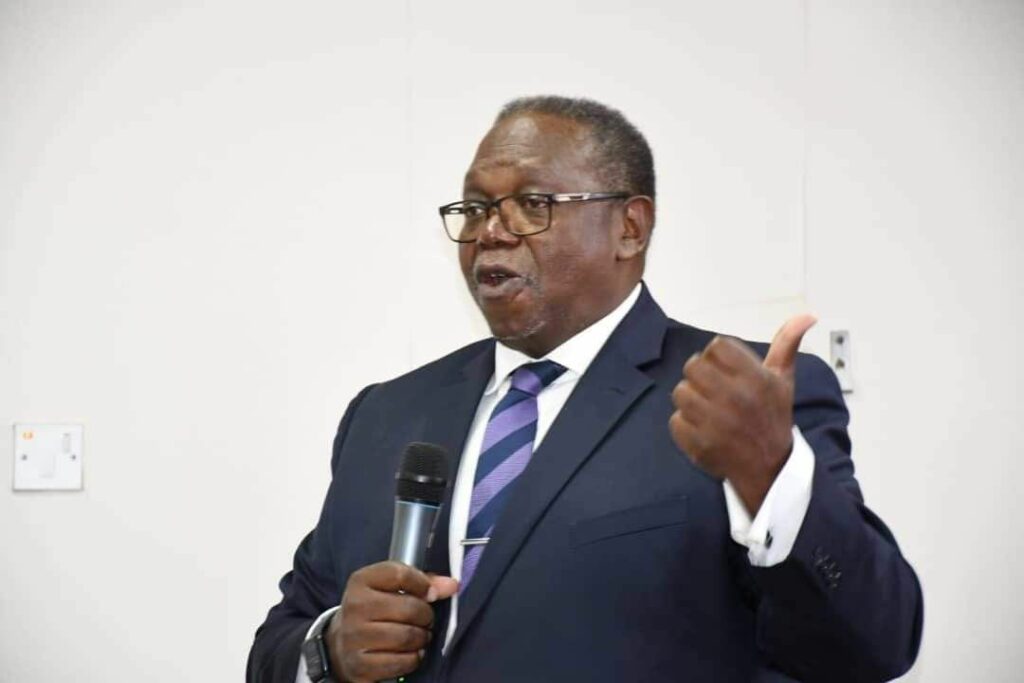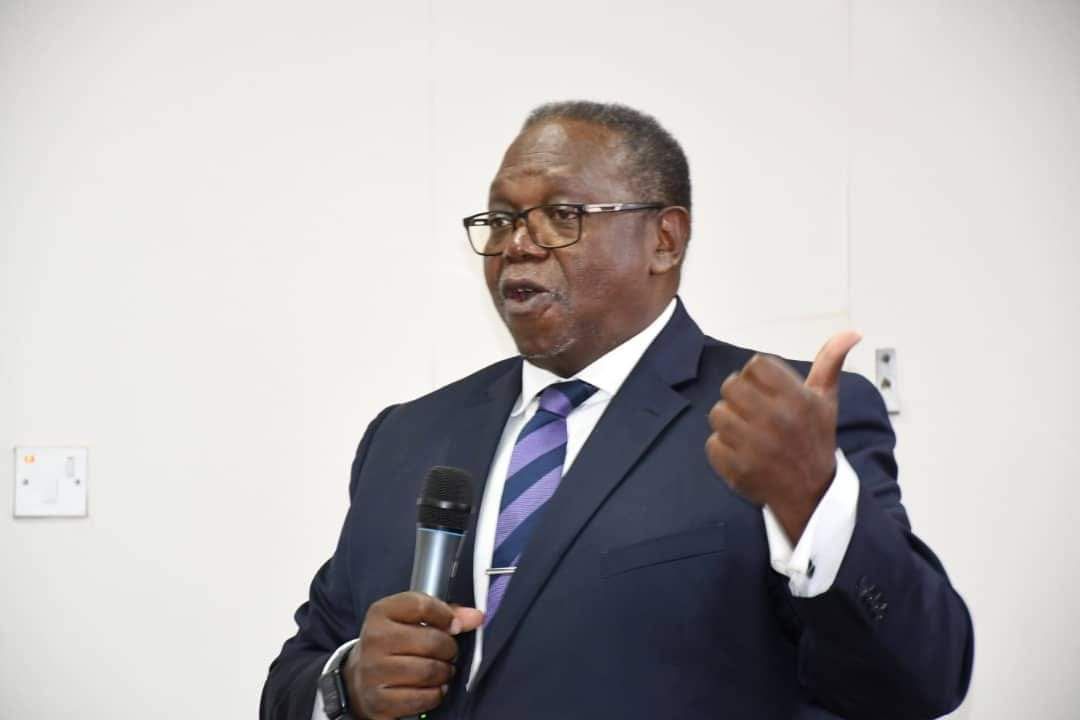By Twink Jones Gadama
The current inflation crisis in Malawi can be squarely blamed on the government’s economic policies.
While external factors such as global economic trends and climate change have contributed to the crisis, the government’s mismanagement of the economy has exacerbated the situation.
Firstly, the government’s fiscal policy has been characterized by excessive borrowing and spending.
The increased money supply has led to a surge in demand for goods and services, driving up prices.
The government’s failure to manage its finances has resulted in a ballooning deficit, which has put pressure on the exchange rate and fueled inflation.
Secondly, the government’s monetary policy has been inconsistent and ineffective.
The Reserve Bank of Malawi has raised interest rates to combat inflation, but this has had little impact on the ground.
The bank’s decision to keep interest rates high has also made borrowing expensive, stifling economic growth and exacerbating the inflation crisis.
Thirdly, the government’s trade policies have been detrimental to the economy.
The imposition of tariffs and other trade barriers has increased the cost of imports, leading to higher prices for consumers.
The government’s failure to promote exports has also resulted in a trade deficit, putting pressure on the exchange rate and fueling inflation.
Fourthly, the government’s agricultural policies have been a disaster.
The failure to invest in irrigation and other agricultural infrastructure has made the country vulnerable to climate change.
The government’s decision to ban maize exports has also led to a shortage of foreign exchange, exacerbating the inflation crisis.
Fifthly, the government’s failure to address the structural issues in the economy has contributed to the inflation crisis.
The country’s over-reliance on agriculture and lack of diversification have made it vulnerable to external shocks.
The government’s failure to invest in human capital and infrastructure has also stifled economic growth and exacerbated the inflation crisis.
Additionally, the government’s failure to address the issue of corruption has also contributed to the inflation crisis.
Corruption has led to the misallocation of resources, with funds meant for development projects being diverted for personal gain.
This has resulted in a lack of investment in critical sectors such as agriculture and infrastructure, exacerbating the inflation crisis.
Furthermore, the government’s failure to promote private sector development has also contributed to the inflation crisis.
The private sector is a key driver of economic growth, but the government’s policies have stifled its development.
The high cost of doing business, coupled with the lack of access to finance, has made it difficult for businesses to operate effectively, leading to higher prices and inflation.
Moreover, the government’s failure to address the issue of inequality has also contributed to the inflation crisis.
The rich have been able to protect themselves from the effects of inflation, while the poor have been left to bear the brunt.
This has led to a decrease in purchasing power, reducing demand and exacerbating the inflation crisis.
Moreover, additional factors related to the inflation crisis in Malawi that could be explored further include the country’s high levels of external debt, which can put pressure on the economy and contribute to inflation.
The burden of debt servicing obligations affects government spending and economic stability, and understanding this relationship can provide valuable insights.
Furthermore, the impact of COVID-19 on Malawi’s economy cannot be overstated.
The pandemic has disrupted supply chains, reduced productivity, and affected government revenue, all of which have contributed to the inflation crisis.
Analyzing these effects can shed light on the pandemic’s role in the crisis.
Moreover, Malawi’s currency devaluation has significant implications for inflation.
A weak exchange rate affects the cost of imports, inflation expectations, and overall economic stability, making it essential to discuss its impact.

In addition, high levels of unemployment and poverty can exacerbate inflationary pressures by reducing consumer purchasing power.
Examining the relationship between these socio-economic factors and inflation rates can provide a holistic understanding of Malawi’s economic challenges.
Lastly, the energy crisis, characterized by shortages in energy supply, such as electricity, can constrain productivity and drive up production costs, leading to higher prices for consumers.
Investigating how energy deficits impact inflation dynamics and economic growth can enrich the discussion on the root causes of the crisis.
In conclusion, the current inflation crisis in Malawi can be blamed squarely on the government’s economic policies.
The government’s mismanagement of the economy has exacerbated the situation, and it is time for a change in policy direction.
The government must adopt a more prudent fiscal policy, a more effective monetary policy, and a more sensible trade policy.
It must also invest in agriculture, address the structural issues in the economy, promote private sector development, and address the issues of corruption and inequality.
Only then can Malawi hope to overcome the inflation crisis and achieve sustainable economic growth.



